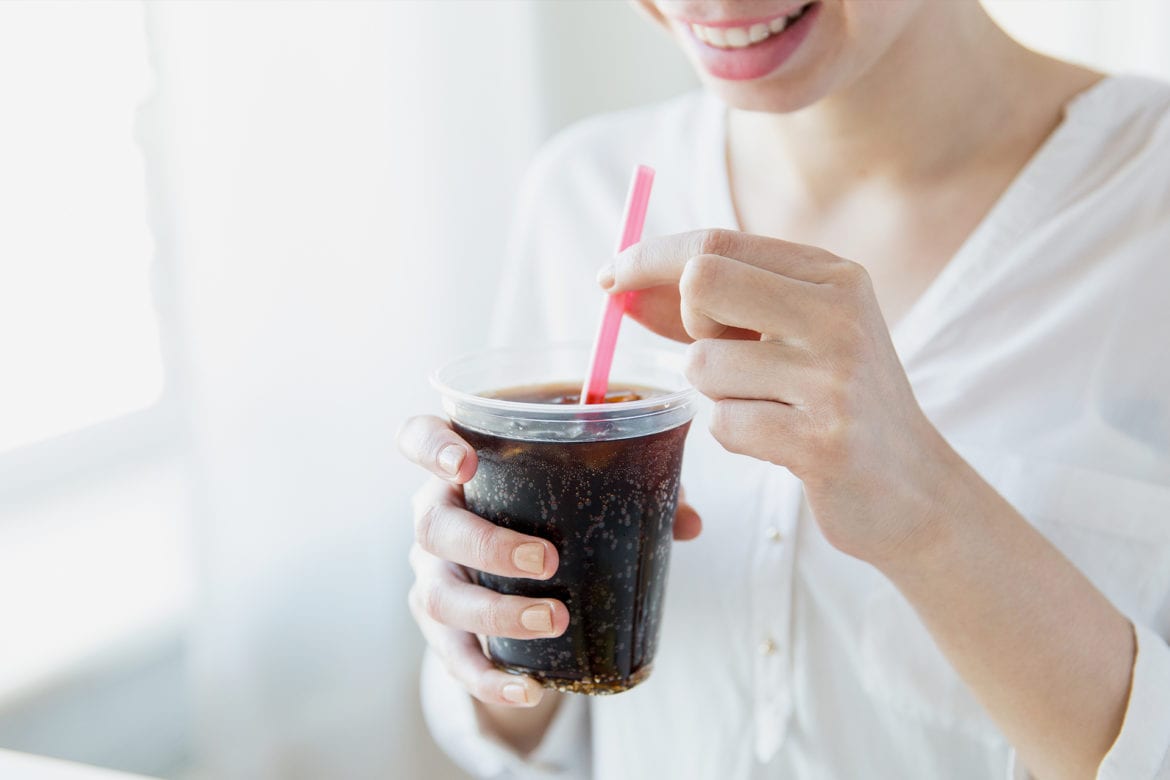When we think of things that are bad for our teeth, we tend to think of sugar. Rightly so: it’s dental enemy
number one, interacting with bacteria in the mouth to produce acid that dissolves our enamel, causing cavities that
can lead to painful infections and even tooth loss.
But there could be danger lurking in unexpected places: foods that are good for you in other ways can be kryptonite
for your teeth. These are some of the worst culprits.
Acidic foods
Lots of healthy foods are highly acidic and not so good for our teeth. These include citrus fruits such as oranges
and lemons, as well as many of the fermented sides we are advised to eat for our gut microbiome.
“Kimchi and sauerkraut lower the pH in your mouth, weakening enamel and making teeth more vulnerable to
erosion,” says Dr Victoria Sampson, a dentist and co-founder of the Health Society. “Other foods people
might not realise are acidic include ketchup, which is also high in sugar, and vinegar-based foods and drinks,
including trendy apple cider vinegar.arbonated drinks are all acidic, including sparkling water.”
Hard foods
Biting on an olive stone or a chicken bone can cause a fracture in your tooth. Even fine cracks can lead to infection
and might necessitate an extraction or root canal. Hard sweets are one of the worst foods for dental health: not
only can you crack a tooth when you bite down, but sucking the sweets keeps the sugar washing around your mouth for
longer. “Avoid hard sweets, chewing ice and extremely crusty bread,” says Dr Hanna Kinsella, a dentist
and the CEO of Icy Bear Dental Care. “And check your popcorn for unpopped kernels.”
Starchy and salty foods
“Starchy foods such as white bread turn straight into sugar,” Kinsella says. “And salt can dry out
your mouth, leaving it vulnerable to bacteria and decay.” Another reason to cut down on the bacon sandwiches.
Instead, try wholegrain bread with cheese, almond butter or salmon. “Dairy products are packed with calcium to
strengthen teeth and bones,” she says. “Nuts are rich in calcium too, and salmon is high in phosphorus,
which helps protect tooth enamel.”
Sticky foods
Eat dried fruit in moderation. The dehydration process concentrates its natural sugars: 100g of fresh apple contains
10g of sugar, but 100g of dried apple has a massive 57g of sugar. “And because they’re dried,
they’re sticky, so cling to teeth, feeding bacteria and increasing cavity risk,” Sampson says.
<4>Corrosive combinations</4>
Drinks can be a dentist’s worst nightmare. Sampson avoids anything with both citrus and sugar, such as lemonade
or orange juice: “The acid from the citrus softens the enamel while the sugar feeds bacteria, accelerating
decay.” Drinking through a straw can protect your front teeth. If you take sugar in your tea or coffee, be
warned: “Sugar dissolved in a hot drink is worse for your teeth than sugar at room temperature,” she
says. “It coats teeth more effectively.”
As for alcohol, “Prosecco has all of the ingredients for tooth decay: sugar, acid and carbonation,”
Kinsella says. Clear spirits are less acidic and also lower in sugar.

